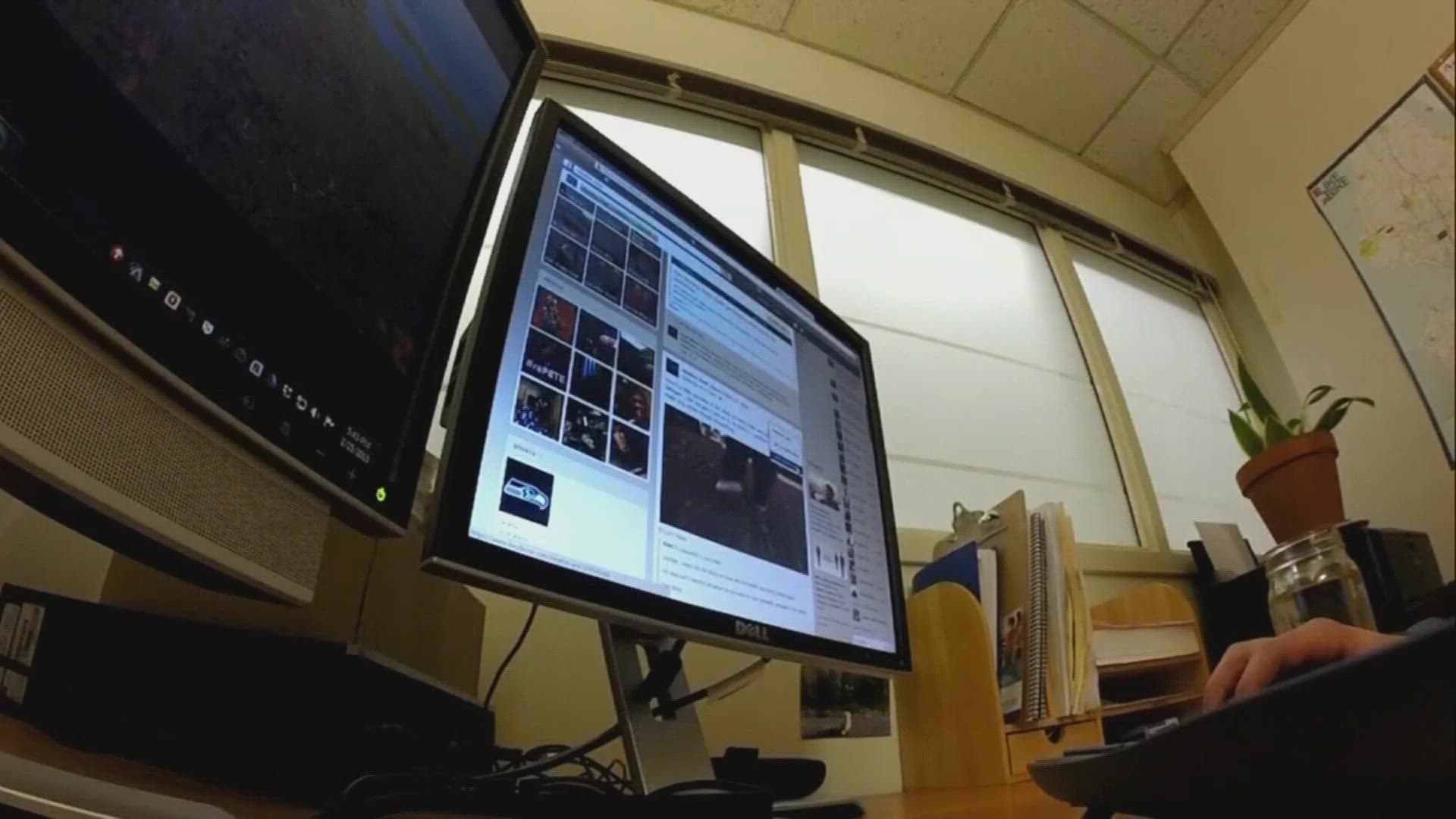INDIANAPOLIS — With one week left to go until the 2022 midterm elections, a number of big races will be decided by Hoosiers at the polls.
As many turn to social media to catch up with friends or learn about the candidates and issues, they're also very likely to encounter misinformation as they scroll.
Misinformation, fake news articles, even deep fake videos aren't hard to find online. So much so that a number of activist groups are calling on the big social players like TikTok, Twitter and Meta for better vigilance.
“It’s become incredibly pervasive, there’s no doubt about it," said Scott Shackelford, a professor at the Kelley School of Business and executive director of the Center for Applied Cyber Security Research at Indiana University. "And different platforms have tried to get in front of the challenge, some more successfully than others.”
Most social media platforms have come out with plans to curb the spread of misinformation ahead of the upcoming midterm elections, like YouTube recommending trusted content providers in midterm searches or TikTok banning deep fakes.
Shackelford said those steps are helpful, but they're not enough to curb the problem.
"None of them have done a great job," he said. "I wouldn't give them an A. Some have been more proactive than others, for example LinkedIn, Pinterest, Twitter, you know TikTok all got out there pretty early and banned paid political advertising, which is a step in this direction of trying to increase transparency."
Studies from the 2016 midterm elections found millions of Americans were exposed to fake news stories and videos throughout the election. These fake or misleading stories, according to Shackelford, are designed to evoke fear or anger in the reader, sow discord and establish an "us versus them" mentality that's left us deeply divided as a country.
"Even though they're all trying and they're using a lot of algorithms to spot disinformation, these deep fakes, even if 99.9% is caught, there is still thousands and thousands of these videos that can go out there and stories that can spread quite quickly," said Shackelford.
So what can people do to protect themselves from falling for or sharing a fake story?
Experts recommend if you see a news article or video that seems fishy, try to verify it. Try searching for the same news headline or a specific claim off of the social media site you're using and instead try a search platform or a trusted site to try and independently locate the source of the information and if it's true.
Always look at the domain name and URL when clicking on links to stories or videos that seem suspicious to ensure it's a trusted site, not a website spoofing a news site or organization.
If you're unsure about the images you're seeing, try reverse image searching on Google to ensure the photos you're seeing are actually from that event.
And trust your gut. If it seems suspicious and you can't verify it, it may be misinformation.
There's more information here about how to recognize fake news.
What other people are reading:

